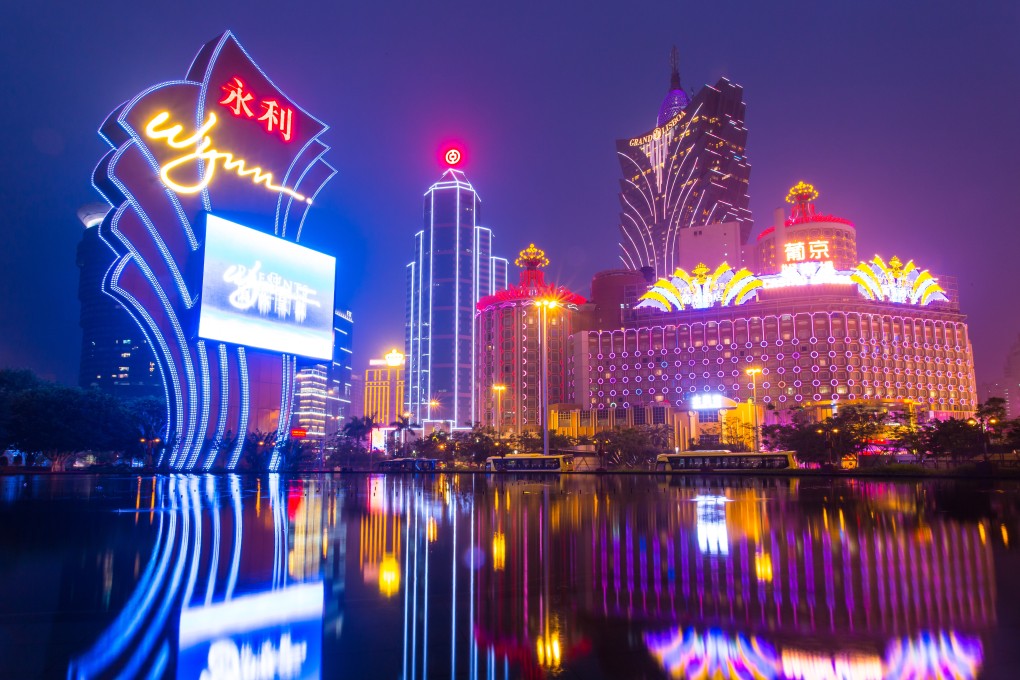Editorial | Everyone wins with shake-up at Macau’s casinos
- Licence changes have been met with relaxations at attractions in moves that can only contribute to a well-managed and regulated sector

It is 20 years since Macau’s gambling monopoly was opened up to competition. If the six casino licence holders could have chosen a time for the first regulatory review of that reform and the way ahead, it would not have been now, with the sector’s outlook clouded by the pandemic. It is understandable if investors had hedged their bets pending the outcome. In the event it was not as good as they had hoped, but it could have been worse. They chose to take a positive view of the removal of uncertainty that had weighed on the market and immediately boosted the value of Macau’s six casino stocks by HK$42 billion (US$5.4 billion).
The main changes bring the licences under more frequent review – every 10 years instead of the previous 20 – and limit renewals to three years instead of five.
The casino sector has become so important to the city’s economy that the authorities have every reason to create a positive environment for its healthy and socially acceptable development. In that respect 10-year terms with three-year renewals will give the authorities more flexibility to review the rules and the business and social landscape.
However, while on one hand the government has tightened, on the other it has also relaxed, firstly by imposing no limit on the repatriation of dividends. Two of the six licensees are American operators, who can repatriate dividends regardless of annual results. Secondly, the government no longer requires a government official to be stationed at every casino every day to oversee operations, an important concession to operators. This is a sugar coating on shorter licence terms, so the authorities may be seen to have tightened control without killing the industry.
As the world’s largest betting hub, Macau has a huge stake in a well-managed and regulated casino sector. It is also conscious of the need to avoid unhealthy dependence on gaming, for example through diversification into a financial centre. This could be a base for investing in mainland start-ups and other projects, such as a Nasdaq-style stock exchange. A shorter term for casinos that generate most tax revenues will help focus the mind on the need for a wider economic base.
